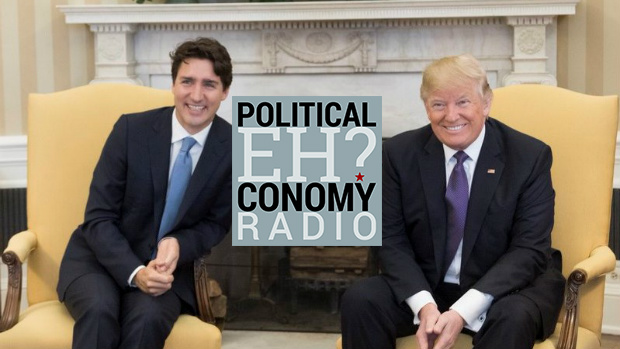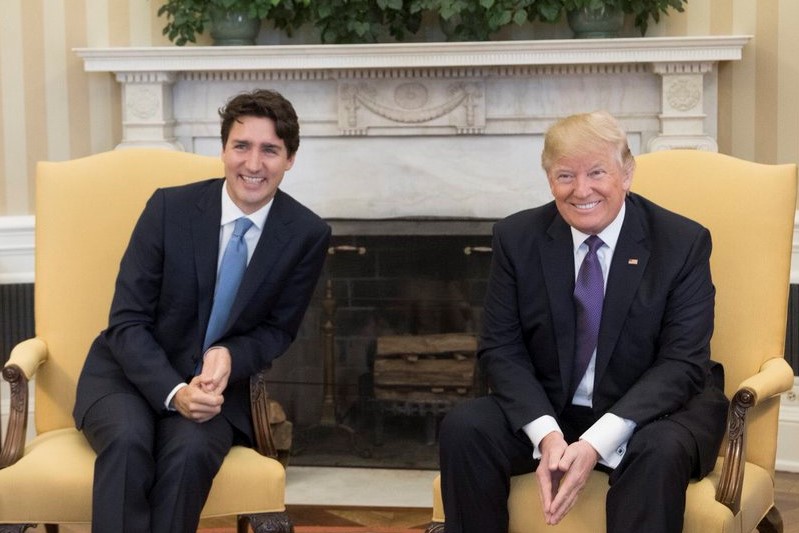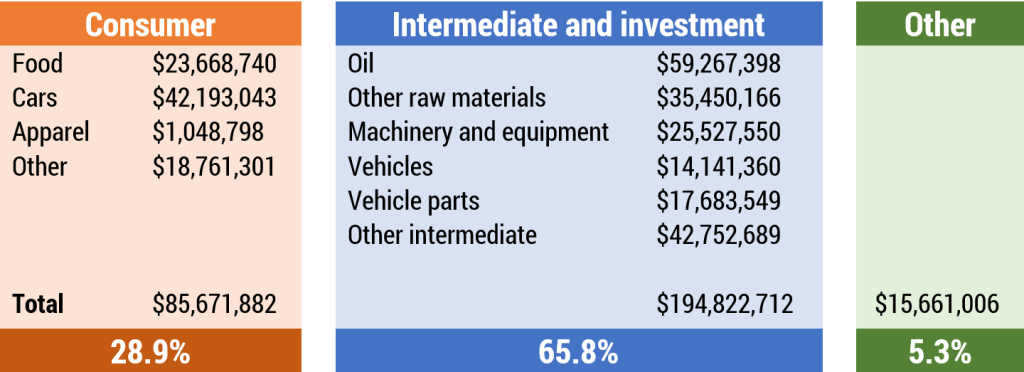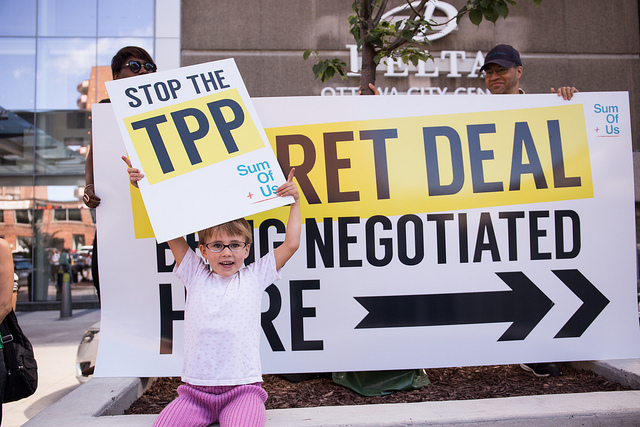Podcast: Play in new window | Download
Subscribe: Apple Podcasts | Android | Email | Google Podcasts | RSS | More
…And we’re back to regularly-scheduled programming. Apologies for the podcasting hiatus to (now really faithful) listeners; I hope to be back to regular episodes once again. I’m restarting the show this week with two great guests. First up, I speak with Angella MacEwen about the on-going NAFTA re-negotiations and whether Trudeau’s much-vaunted “progressive free trade” holds water. Angella has been a guest on the show before and is an economist at the Canadian Labour Congress. Speaking of the Labour Congress, my second guest, David Bush, looks at the turmoil that led up and has resulted from Unifor leaving Canada’s house of labour. Dave is an editor at Rankandfile.ca; he writes frequently and incisively on the Canadian labour movement.
As always, remember to subscribe above to get new episodes as they appear, rate the show on iTunes and donate to help keep this good thing going. Thanks!




